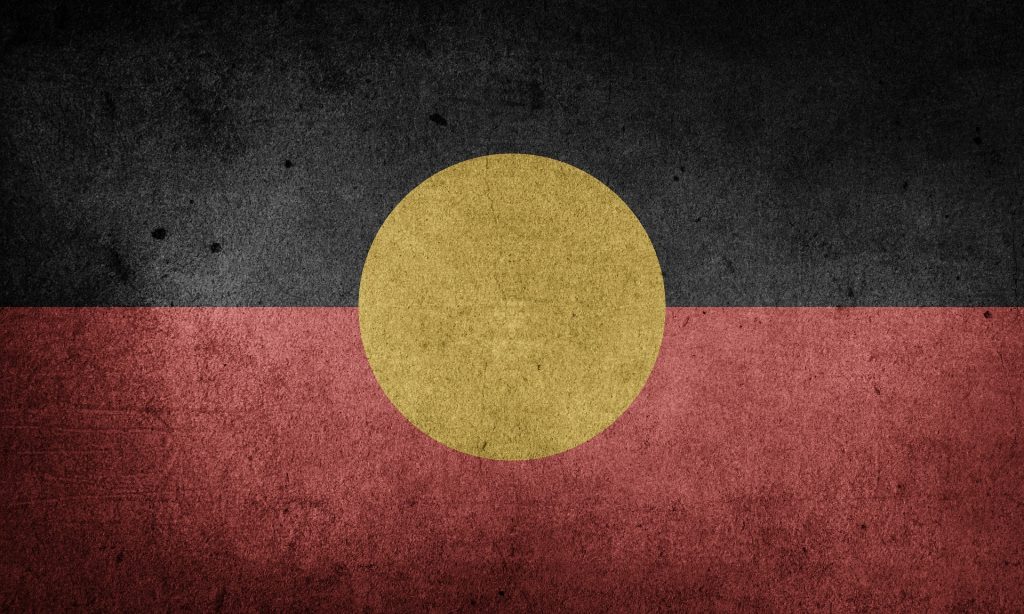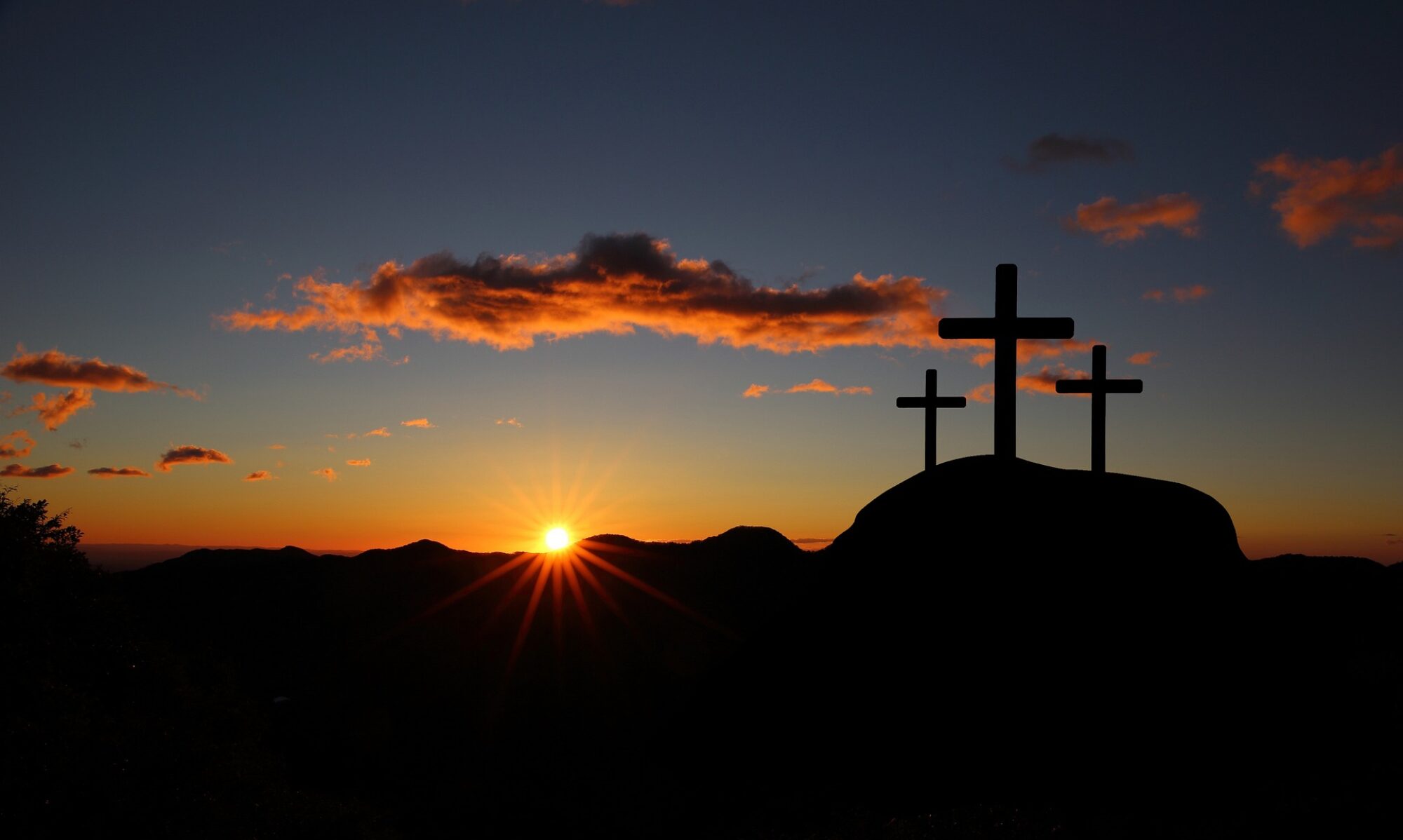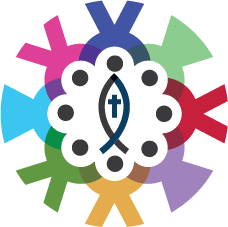First Nations People and Communities

Aboriginal and Torres Strait Islander people continue to be over-represented on key measures of disadvantage including lower life expectancy, poverty, imprisonment and ill-health, both physical and mental.
“Mental illness doesn’t just affect the Aboriginal community, it affects everyone, but unfortunately it’s even more prominent in our Aboriginal and Torres Strait Islander community. Depression and mental illness and suicide in Aboriginal communities is a huge flow on effect from things that happened 200 years ago. A lot of people don’t like to hear that, but it is what it is. We’ve been oppressed for 200 years, knocked down to the point where many people start to develop these mental illnesses. We’ve got to help our community build their resilience and confidence.
Proportionally, we are the most incarcerated people on the planet. We are not an innately criminal people. Our children are aliened from their families at unprecedented rates. This cannot be because we have no love for them. And our youth languish in detention in obscene numbers. They should be our hope for the future. These dimensions of our crisis tell plainly the structural nature of our problem. This is the torment of our powerlessness.”
Joe Williams – Mental Health Commission of NSW.
Social and economic disadvantage is a cause of higher levels of mental illness among our Indigenous sisters and brothers. Behind this disadvantage lies the history of dispossession, which is itself the cause of intergenerational trauma.
European settlement brought alcohol, diseases, poverty and new forms of violence. The destruction of physical and spiritual links to country has had disastrous impacts on identity, culture and language. Australia’s history is marred by massacres, generations of children stolen, imprisonment and First Nations people pushed to the fringes.
The death rate from intentional self-harm is twice as high for Aboriginal and Torres Strait Islander people as for non-Indigenous Australians. This rate has increased dramatically over the past decade, from 17 to 24 in every 100,000 people.
Being incarcerated poses a risk of ill-health and self-harm. It is very alarming, therefore, that the imprisonment of Indigenous people is increasing – from around 7,500 to 10,500 over the past decade. First Nations people make up three per cent of the Australian population, but almost a third of people in prison.
Clearly there is a pressing need for the development of collaborative and culturally appropriate mental health services. Better linkages with the criminal justice system are needed to promote diversion from custody. Much more is needed too. In 2017, Indigenous Elders and leaders from around Australia gathered at Uluru for the Aboriginal and Torres Strait Islander Referendum Convention. They issued the Statement from the Heart, which emphasised the nation’s need for greater truth-telling and Indigenous empowerment in decision-making: The Statement from the Heart calls for constitutional reforms to establish a First Nations Voice and Makarrata Commission to underpin agreement-making with government. The empowerment of an Indigenous voice and self-determination in all decisions that affect the lives of their communities is aimed at bringing the values of fairness, truth and justice to Australia’s relationship with First Nations people and communities. It is about stepping up to the unfinished business of our past and ensuring the right of each person to flourish and live life to the full. That call is yet to be answered in a spirit of national solidarity.
Reference: (2021). Social Justice Statement 2020-21: Live Life to the Full Mental Health in Australia Today. Australian Catholic Bishops Council. Page 14 – 15.

